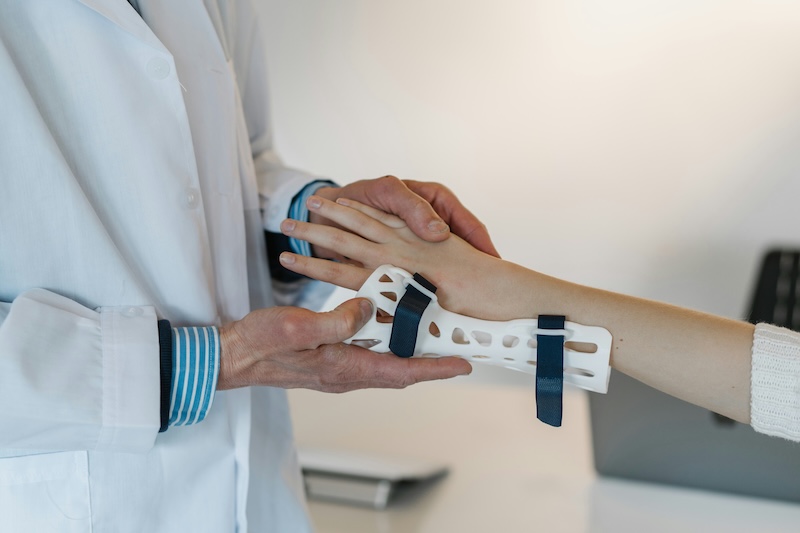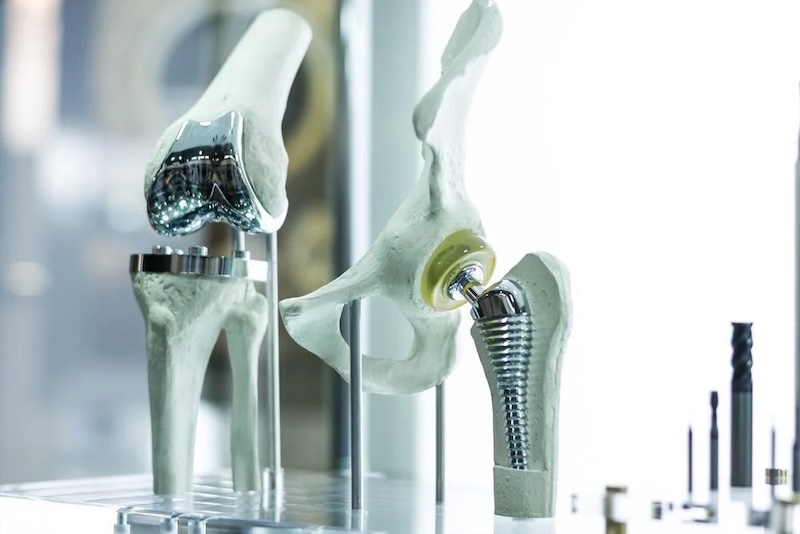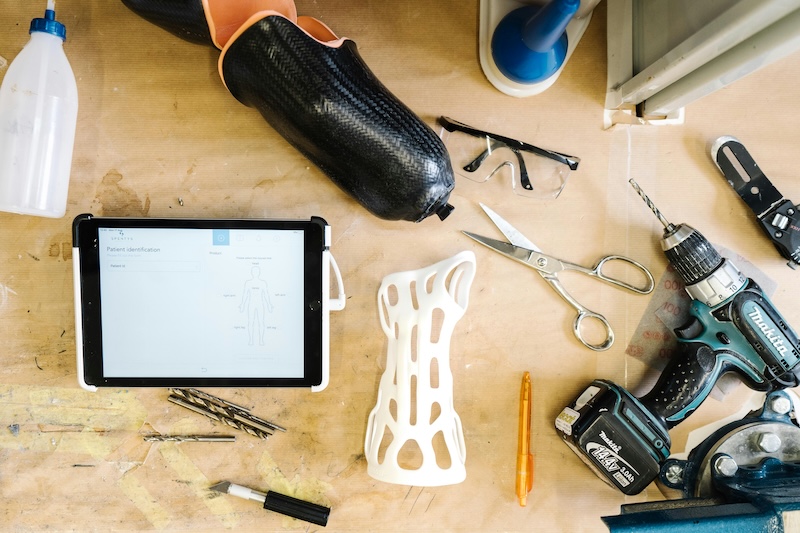Introduction: The Need for Advanced Materials in Tissue Engineering
Tissue and bone scaffolds are essential in regenerative medicine, providing the structural framework that supports cell growth and tissue repair. To meet the demanding requirements of these applications, materials must combine biocompatibility, strength, and adaptability. Titanium powder has emerged as a leading choice for creating scaffolds that mimic natural structures and promote healing.
Titanium powder is ideal for tissue and bone scaffolds due to its biocompatibility, strength, corrosion resistance, and adaptability to advanced manufacturing techniques like 3D printing. These properties enable the creation of highly functional and customized scaffolds that accelerate regeneration.
Let me share how titanium powder is redefining scaffolding solutions in regenerative medicine and its critical role in advancing healthcare.
Why Is Biocompatibility Essential for Tissue and Bone Scaffolds?
Scaffolds must integrate seamlessly with the body to avoid rejection and support natural healing. Titanium powder’s biocompatibility ensures that it is safe for long-term use in the human body.
In my experience, scaffolds made with titanium powder promote cell adhesion and growth. This allows the material to support the regeneration of bone and soft tissues while minimizing the risk of adverse reactions. The ability of titanium powder to encourage osseointegration—where bone bonds directly with the scaffold—is particularly valuable for orthopedic applications.

How Does Titanium Powder’s Strength Enhance Scaffold Performance?
Scaffolds used in bone repair must withstand mechanical loads while maintaining their structural integrity. Titanium powder provides the strength needed for such demanding applications.
I’ve seen how titanium powder enables the production of scaffolds that can bear weight and endure stresses typical in bone regeneration scenarios. This strength ensures that scaffolds remain stable during the healing process, providing reliable support for new tissue growth. It also makes titanium powder ideal for load-bearing implants like spinal or joint scaffolds.
Why Is Porosity Important in Scaffolds, and How Does Titanium Powder Help?
Porosity is a crucial feature of scaffolds, as it allows nutrients, oxygen, and cells to permeate the structure, supporting regeneration. Titanium powder’s adaptability to 3D printing makes it possible to create porous designs with precision.
Using titanium powder, I’ve witnessed the creation of scaffolds with interconnected pore networks that mimic the structure of natural bone. These pores facilitate nutrient flow and cellular integration, accelerating the healing process. The ability to customize pore size and distribution further enhances the functionality of titanium-based scaffolds.
How Does Titanium Powder Ensure Longevity in Scaffolds?
Scaffolds need to resist degradation in the body, especially in challenging environments like joint or spinal areas. Titanium powder’s corrosion resistance ensures that scaffolds maintain their integrity over time.
In my work, I’ve observed how titanium powder scaffolds retain their strength and stability, even in the presence of bodily fluids. This durability ensures that the scaffold remains functional throughout the healing process, reducing the risk of complications or failures.

How Does Titanium Powder Enable Custom Scaffold Design?
Every patient and injury is unique, requiring tailored solutions. Titanium powder supports advanced manufacturing techniques like 3D printing, enabling the creation of patient-specific scaffolds.
I’ve seen how titanium powder allows for the design of scaffolds that perfectly match a patient’s anatomy. These custom solutions improve the fit, reduce recovery time, and enhance the overall effectiveness of the treatment. For complex injuries or deformities, this level of customization is invaluable.
Claim: Why Titanium Powder Is the Best Material for Tissue and Bone Scaffolds
Titanium powder’s combination of biocompatibility, strength, porosity, corrosion resistance, and adaptability makes it the ideal material for tissue and bone scaffolds. Its ability to support natural healing and provide customized solutions ensures its continued prominence in regenerative medicine.
Conclusion: Titanium Powder’s Impact on Regenerative Medicine
Titanium powder is revolutionizing the field of regenerative medicine by enabling the creation of advanced scaffolds that support tissue and bone repair. Its unique properties ensure that these scaffolds are both functional and durable, meeting the needs of patients and healthcare providers alike.
Working with titanium powder has highlighted its transformative potential in healthcare. As regenerative medicine continues to advance, titanium powder will remain at the forefront of innovation, delivering solutions that improve healing and enhance lives worldwide.






